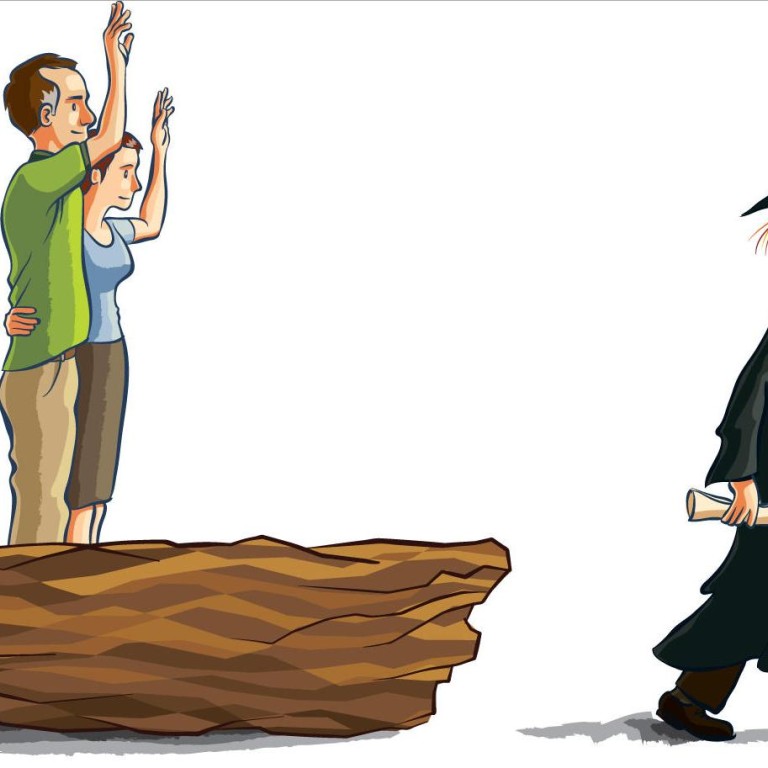
Don't count your nest eggs
When our daughter, Akanksha left for university, I grew concerned about the changes to our home. When our son Akhil left, too, I became more anxious. After 22 years what would my husband and I talk about? Would we enjoy outings as much without our children?
The evenings seemed to yawn endlessly and some days coming back to a dark home, with everything in the same place I had left it, made me yearn for the days I returned to find the flat in a mess.
When I was not able to get either of the children on the phone, I would work myself into a frenzy conjuring up every possible disastrous scenario.
Akanksha insists I have the distinction of being the only person on this planet who has repeatedly called the office of Palestinian president Mahmoud Abbas (where she was interning) to leave messages that she "needed to call her mother urgently".
Research shows that all parents and caregivers are susceptible to the "empty nest syndrome". While not a clinical condition, the feelings of grief and loneliness experienced when children leave home can be very real.
Recently, a parent whose son is in the final year of the International Baccalaureate programme shared her feelings with me. Her pain was almost palpable.
"I feel very sad when I know my son will leave me soon to [go to] university. I think of this every day. I don't see any future for my life," she said.
"Our family is different from others. I have some problems with my husband and I have lived under pressure for almost 18 years. So in my life, there's only my son. I pray every night, I beg God to let my son study in Hong Kong."
Factors such as an unstable marriage, a sense of self based primarily on being a parent, or difficulty accepting change in general lend a predisposition to the syndrome. Adults dealing with other stressful life events, such as menopause, death of a spouse, or retirement, are also more likely to experience this.
However, a new study from Oregon State University reveals that the empty nest of midlife is not so empty any more.
A United Nations report recently found that longer lifespans are occurring in both developed as well undeveloped nations. About 25 per cent of adults in the middle generations - "the pivots" - surveyed in America currently provide personal care and/or financial help to a parent.
At the same time, socio-economic shifts have lengthened the time it takes for young adults to gain independence, due to an increased need for higher education and recent economic downturns that have led to an increasingly tough job market. Thus parents are finding the empty nest - and the freedom it brings to pursue personal goals - is becoming a thing of the past.
Mid-life parents face demands from their offspring, struggling in one of the most expensive property markets in the world, and meeting the needs of ageing parents. This is already embedded in the cultural fabric of Hongkongers. However, more non-local pivots are also having to postpone the freedom an empty nest brings.
The research also revealed that parents are adjusting their expectations of what age their children will attain financial independence. Last year, 67 per cent of parents said their offspring should be financially independent by age 22 compared with 80 per cent of parents in 1993.
Reassuringly, results indicated the pivots felt a responsibility to both younger and older family members. Despite a longer transition to adulthood, parents gladly supported their children and accepted the provisions of care to ageing parents.
However, participants expressed intentions to preserve their own independence, too.
Fortunately, my husband and I have not needed to negotiate family relationships around issues of our children's financial independence and responsibilities to ageing parents. We have successfully transitioned to enjoying the "calm after the chaos" and eagerly look forward to visits from our children. Anjali Hazari teaches IB and IGCSE biology at the French International School

